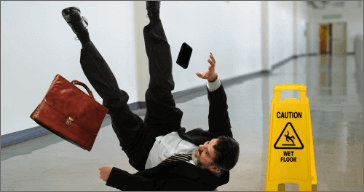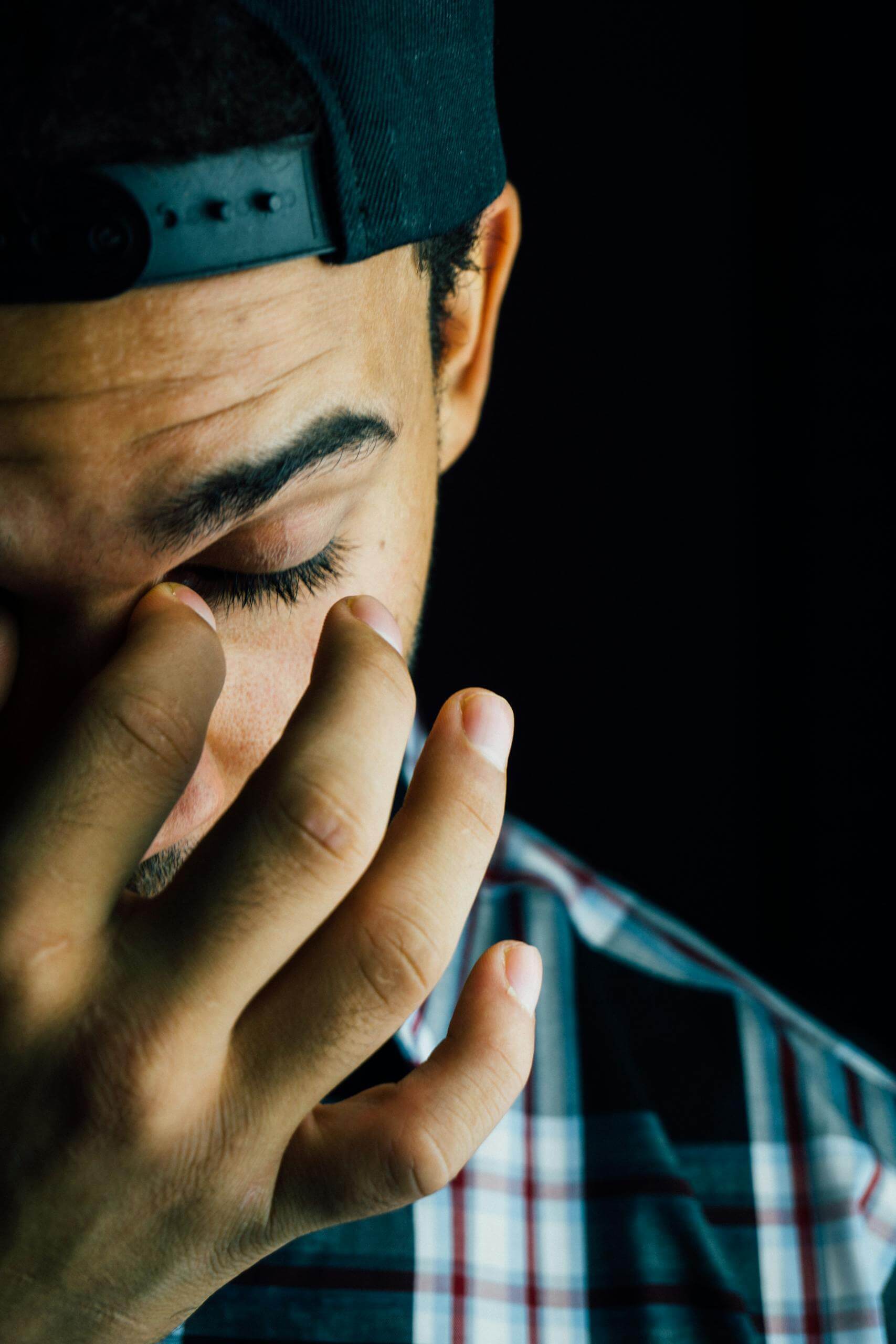Las Vegas Swimming Pool Accident Lawyers
Las Vegas hotels and resorts are famous for their extravagant swimming pool areas, but these stunning features still present hazards for the guests who enjoy them.
Children are particularly at risk, as the U.S. Consumer Product Safety Commission reports that 148 children aged 14 and younger drowned in swimming pools from Memorial Day to Labor Day 2018. Many of these unfortunate incidents could have been avoided had owners and operators exercised reasonable care in maintaining the facilities. If you were injured or a loved one was killed, a Las Vegas swimming pool accident lawyer can help in holding these parties accountable.
When your life is turned upside down by a pool accident, you may be entitled to recover compensation for your losses. You trust our team at Paul Padda Law to shoulder the legal burdens involved with these cases, whether we’re filing an injury claim or fighting for you in court. To schedule a free consultation of your case with a Las Vegas premises liability lawyer, call us today at (702) 707-7000. We can also be reached via the online form.
PREMISES LIABILITY ACCIDENTS
Causes of Swimming Pool Accidents
Though negligence is at the core of most injury-causing incidents, some common scenarios that can cause you to incur injuries at swimming pools, include:
- Failing to post signage regarding pool depth
- Defective pool features
- Inadequate fencing around the pool
- Missing signs to remind users about walking safely
- Lifeguard negligence
- Defective pool covers
- Failure to install slip-resistant surfaces around the facility
Parents of young children should note one important cause of swimming pool accidents. In the practice of law, a swimming pool is considered an attractive nuisance. The term refers to any feature on property that draws the attention to children who don’t appreciate its inherent dangers.
Common Swimming Pool Injuries
There’s a wide range of injuries that could be caused by a pool accident, and topping the list is drowning. Subpar skills or a lack of supervision may be the cause of drowning in a swimming pool. Pool covers also cause a considerable number of deaths when a person becomes trapped beneath one. However, drowning can be a secondary factor of an accident, such as when a person becomes unconscious after suffering a swimming pool head injury.
A drowning death by circulation entrapment is an increasing problem as well. These types of drownings occur when a victim is immobilized by the suction effect produced by pool drains, filters, and other equipment. In many cases, the person’s hair, jewelry, clothing, or limb is caught in the suction.
Other swimming pool injuries include:
- Spinal cord injuries from diving accidents
- Neck injuries from diving into shallow water
- Broken bones, bruises, and lacerations from falling on slippery surfaces
How Does Swimming Pool Liability Work?
Pool accidents are based upon the legal theory of negligence, which your Las Vegas swimming pool accident lawyer can explain in more detail. Generally, you must prove certain elements to recover monetary damages. For incidents that occur because of dangerous conditions on the property, the specific category of negligence is premises liability.
In a premises liability claim for a pool-related accident, you must show that the responsible party breached the legal duty to maintain the facility in a safe condition. The breach could be the result of careless actions or the failure to take action, such as fixing a dangerous condition. You must also prove that the breach of duty caused your injuries, and you suffered losses after being hurt.
POTENTIALLY LIABLE PARTIES
In premises liability cases, the owner of the property is an obvious potential party for filing a claim. However, the concept of negligence may extend to additional parties under certain circumstances. For instance, a property manager may be liable for creating a dangerous condition or failing to repair a hazard. Other examples are:
- A company that manufactured a defective pool feature
- The landlord in charge of operating a community pool
- An event promoter for failing to provide proper security at the pool
- Hotel employees and pool staff
Though these potential parties may be held accountable in your pool accident case, you would usually file a claim with the insurance company that provides coverage for the facility. You may seek compensation for various losses, including medical bills, lost wages, pain, suffering, and emotional distress. Still, you should always remember that an insurer is a business first and foremost. These companies are motivated by turning profits, so they don’t have your best interests in mind.
As such, you could receive a lower counteroffer in response to your claim for compensation. The insurance company may even deny your claim in its entirety, which is why it’s essential to retain a pool accident attorney to advocate on your behalf during settlement negotiations.
Swimming Pool Lawsuits
If the insurance company rejects your claim or offers a lowball settlement amount, you may consider taking the matter to court. Litigation is complex, so you should trust a lawyer to represent you in filing a lawsuit. An experienced attorney knows the laws and procedural rules that apply to your case, and can handle such tasks as:
- Filing the complaint and supporting documents
- Preparing and responding to pre-trial motions
- Discovery and depositions
- Appearing in court for status conferences and other mandatory hearings
- Presenting evidence and arguments at trial
At Paul Padda Law, we’re more than your lawyers. We’re the allies you want to help set things right.
Call Now to Speak with a Las Vegas Swimming Pool Accident Lawyer
There are inherent risks with any type of water-related activity, but that doesn’t excuse swimming pool owners and operators when they shirk their duty to keep the facilities safe. For more information on your rights and legal options, please contact an experienced personal injury attorney at Paul Padda Law. Our team can walk you through the legal process step by step, fighting for you to receive compensation, and keeping you informed of your options. To schedule a free case consultation, contact us today at (702) 707-7000.

Las Vegas Swimming Pool Accident Lawyers
Las Vegas hotels and resorts are famous for their extravagant swimming pool areas, but these stunning features still present hazards for the guests who enjoy them.
Children are particularly at risk, as the U.S. Consumer Product Safety Commission reports that 148 children aged 14 and younger drowned in swimming pools from Memorial Day to Labor Day 2018. Many of these unfortunate incidents could have been avoided had owners and operators exercised reasonable care in maintaining the facilities. If you were injured or a loved one was killed, a Las Vegas swimming pool accident lawyer can help in holding these parties accountable.
When your life is turned upside down by a pool accident, you may be entitled to recover compensation for your losses. You trust our team at Paul Padda Law to shoulder the legal burdens involved with these cases, whether we’re filing an injury claim or fighting for you in court. To schedule a free consultation of your case with a Las Vegas premises liability lawyer, call us today at (702) 707-7000. We can also be reached via the online form.
PREMISES LIABILITY ACCIDENTS

Causes of Swimming Pool Accidents

Though negligence is at the core of most injury-causing incidents, some common scenarios that can cause you to incur injuries at swimming pools, include:
- Failing to post signage regarding pool depth
- Defective pool features
- Inadequate fencing around the pool
- Missing signs to remind users about walking safely
- Lifeguard negligence
- Defective pool covers
- Failure to install slip-resistant surfaces around the facility
Parents of young children should note one important cause of swimming pool accidents. In the practice of law, a swimming pool is considered an attractive nuisance. The term refers to any feature on property that draws the attention to children who don’t appreciate its inherent dangers.
Common Swimming Pool Injuries
There’s a wide range of injuries that could be caused by a pool accident, and topping the list is drowning.
Subpar skills or a lack of supervision may be the cause of drowning in a swimming pool. Pool covers also cause a considerable number of deaths when a person becomes trapped beneath one. However, drowning can be a secondary factor of an accident, such as when a person becomes unconscious after suffering a swimming pool head injury.
A drowning death by circulation entrapment is an increasing problem as well. These types of drownings occur when a victim is immobilized by the suction effect produced by pool drains, filters, and other equipment. In many cases, the person’s hair, jewelry, clothing, or limb is caught in the suction.
Other swimming pool injuries include:
- Spinal cord injuries from diving accidents
- Neck injuries from diving into shallow water
- Broken bones, bruises, and lacerations from falling on slippery surfaces
How Does Swimming Pool Liability Work?
Pool accidents are based upon the legal theory of negligence, which your Las Vegas swimming pool accident lawyer can explain in more detail.
Generally, you must prove certain elements to recover monetary damages. For incidents that occur because of dangerous conditions on the property, the specific category of negligence is premises liability.
In a premises liability claim for a pool-related accident, you must show that the responsible party breached the legal duty to maintain the facility in a safe condition. The breach could be the result of careless actions or the failure to take action, such as fixing a dangerous condition. You must also prove that the breach of duty caused your injuries, and you suffered losses after being hurt.
POTENTIALLY LIABLE PARTIES
In premises liability cases, the owner of the property is an obvious potential party for filing a claim. However, the concept of negligence may extend to additional parties under certain circumstances. For instance, a property manager may be liable for creating a dangerous condition or failing to repair a hazard. Other examples are:
Though these potential parties may be held accountable in your pool accident case, you would usually file a claim with the insurance company that provides coverage for the facility. You may seek compensation for various losses, including medical bills, lost wages, pain, suffering, and emotional distress. Still, you should always remember that an insurer is a business first and foremost. These companies are motivated by turning profits, so they don’t have your best interests in mind.
As such, you could receive a lower counteroffer in response to your claim for compensation. The insurance company may even deny your claim in its entirety, which is why it’s essential to retain a pool accident attorney to advocate on your behalf during settlement negotiations.
Swimming Pool Lawsuits
If the insurance company rejects your claim or offers a lowball settlement amount, you may consider taking the matter to court.
Litigation is complex, so you should trust a lawyer to represent you in filing a lawsuit. An experienced attorney knows the laws and procedural rules that apply to your case, and can handle such tasks as:
- Filing the complaint and supporting documents
- Preparing and responding to pre-trial motions
- Discovery and depositions
- Appearing in court for status conferences and other mandatory hearings
- Presenting evidence and arguments at trial
At Paul Padda Law, we’re more than your lawyers. We’re the allies you want to help set things right.


Call Now to Speak with a Las Vegas Swimming Pool Accident Lawyer
There are inherent risks with any type of water-related activity, but that doesn’t excuse swimming pool owners and operators when they shirk their duty to keep the facilities safe. For more information on your rights and legal options, please contact an experienced personal injury attorney at Paul Padda Law. Our team can walk you through the legal process step by step, fighting for you to receive compensation, and keeping you informed of your options. To schedule a free case consultation, contact us today at (702) 707-7000.


